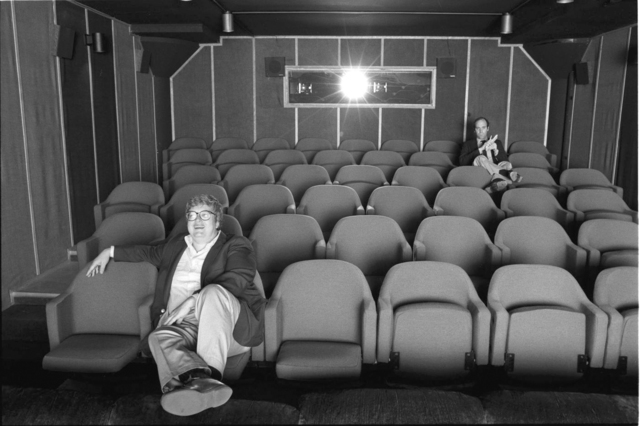Film Review: Life Itself
Poignant Documentary Points The Camera At The Life Of Movie Critic Roger Ebert


Whatever they’re watching
Latest Article|September 3, 2020|Free
::Making Grown Men Cry Since 1992


Whatever they’re watching